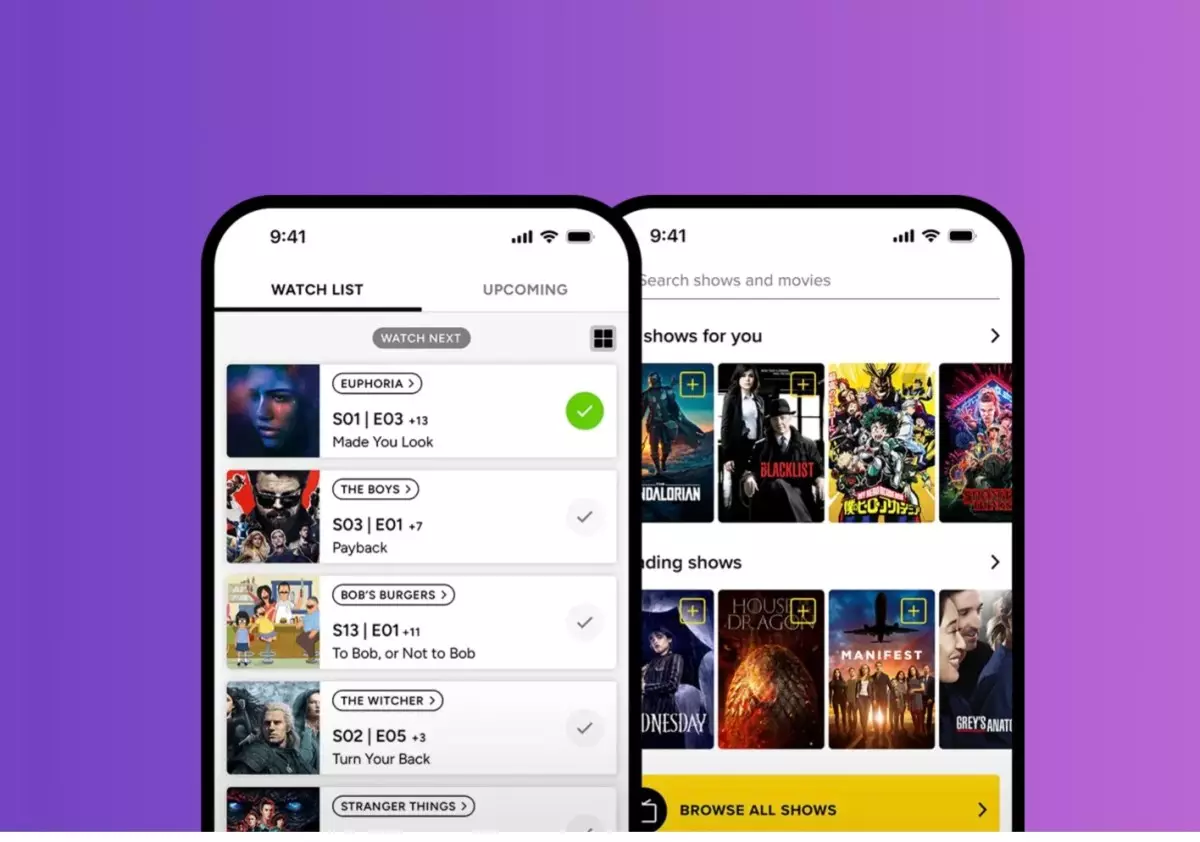In a surprising turn of events, the beloved TV and movie tracking application, TV Time, vanished from Apple’s App Store for several weeks, raising considerable concern among its sizable user base. With over 30 million registered users and approximately 2.5 million of them active monthly, this app had cultivated a dedicated community for tracking viewed content and discussing episodes. Its unexpected absence left fans in a state of uncertainty, unsure if they would ever be able to utilize the app again. The outcry from users seeking updates prompted TV Time to acknowledge the situation through a post on X (formerly known as Twitter), emphasizing that they were working diligently with Apple to resolve the issue.
For context, TV Time operates under the umbrella of Whip Media Group, having been acquired in 2016 from its French origins as TVShow Time. Much like its competitors, Reelgood and JustWatch, TV Time serves not only as a tracking app but also offers personalized recommendations for new series based on users’ viewing habits. During the time of its removal, existing iOS users could still access the app on their devices; however, new users attempting to download it faced disappointment. The absence of the app from the App Store simultaneously halted updates for existing users, putting the entire ecosystem of the application on pause.
After several inquiries, including a reach out from TechCrunch, it was revealed that the root cause of TV Time’s App Store removal stemmed from a routine intellectual property dispute. Some users had uploaded TV and film cover art, prompting a third-party company to issue a takedown notice under the Digital Millennium Copyright Act (DMCA). While TV Time complied with the DMCA procedures, the complainant’s subsequent demands lacked sufficient evidence to substantiate ownership claims regarding the contested content. TV Time requested a copyright registration from the complainant, which was never provided. Thus, despite removing the disputed images from their platform, the company faced further complications due to the complainant’s insistence on a financial settlement that exceeded DMCA standards.
This unfortunate series of events highlights a critical power dynamic between app developers and platforms like Apple’s App Store. Jerry Inman, the Chief Marketing Officer of Whip Media, articulated the imbalance, suggesting that Apple’s decision to remove TV Time was made based on a single complaint without requiring solid evidence. This scenario raises pertinent questions about how much control platforms have over application availability based on unverified claims. Such a unilateral action not only impacts developers like Whip Media but also disrupts the user experiences for millions.
Fortunately, the matter has been resolved between TV Time and the complainant, allowing the app to begin the lengthy process of reinstatement to the App Store. Inman’s reflection on the ordeal serves as a cautionary tale for developers navigating the complexities of app distribution and intellectual property rights. The incident serves as a reminder for all developers about the potential ramifications of a flawed complaint system where apps can be unfairly penalized without adequate justification.
Despite the disruptions, TV Time’s user loyalty remained steadfast. The app continued to be accessible for Android users and through web platforms during its absence from the App Store. Given its history since launching in 2012, with data showing 7.4 million installs on iOS alone, it is clear that the application’s dedicated community is eager for its return. This situation may have inadvertently showcased the app’s value, fueling discussions around user retention strategies amid uncertain times.
This incident has broader implications for app developers who are increasingly reliant on major platforms for their reach. It elucidates the precarious nature of digital commerce, where a single dispute can lead to significant operational challenges. Developers need to reassess their strategies not only regarding IP management but also how they engage with platform policies to safeguard their apps against sudden removals. In navigating these choppy waters, cooperation, transparency, and robust communication with platform owners like Apple become essential.
While the return of TV Time to the App Store is promising news for its vast user community, the events surrounding its removal underscore critical lessons about the dynamics of app development, intellectual property rights, and the need for advocacy within digital marketplaces. As the app reestablishes its place among the millions of others, it faces the challenge of not only regaining lost ground but also ensuring long-term sustainability in an ever-evolving digital landscape.

